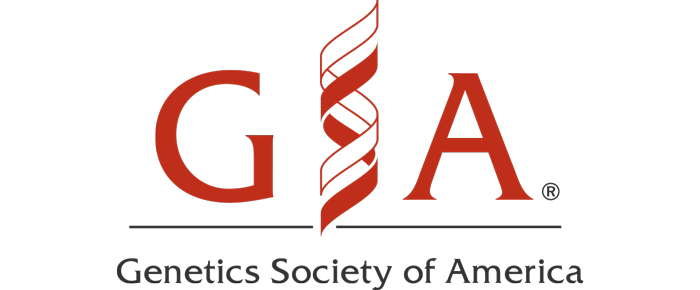UPDATE, July 10, 2018
After more than a year of legal battles, the most recent version of the travel ban has been upheld by the Supreme Court. We wish to reiterate our previous statement, underlining the extent to which such restrictive policies not only harm the scientific community, but the technological and societal progress that depends on their work.
We encourage members of the GSA community affected by the ban, including GSA members, GSA conference attendees, GSA committee members, GENETICS and G3 authors, reviewers, and others in the scientific community, to contact us at society@genetics-gsa.org to let us know the impact this policy has had on you.
Science in the 21st Century is built on international collaboration and global cooperation, with progress dependent on the open exchange of ideas, technology, and people from around the globe. This collaboration does more than advance science; it cultivates greater understanding and friendship as researchers learn to live and work with their colleagues from other nations and cultures.
Every year the Genetics Society of America hosts scientific conferences as part of its mission to foster an international community of geneticists. At these conferences, scientists share their work freely to advance our understanding of inheritance and of the natural world. These meetings are vital catalysts for the sharing of ideas and the improvement of human lives.
But this year, as a result of U.S. President Trump’s January 27, 2017 executive order on immigration, our conferences will be incomplete. Our colleagues based outside the United States who were born in seven Muslim-majority countries will not be permitted to travel here to attend GSA meetings. Indeed, we have already had several cancellations. Other colleagues say they will not travel to the U.S. in protest of the new restrictions. Still others fear that the ban will, over the coming months, extend to their countries of origin. This situation, and the associated uncertainty, is repeated for countless other conferences being planned by scientific societies and institutions across the country, as well as for scientific collaborations across labs and research institutes.
The travel restriction impedes scientific progress in the U.S. in myriad ways. It compromises many significant ongoing collaborative projects aimed at improving the health of our society. It restricts some scientists living legally here from traveling overseas for fear of being denied re-entry. It prevents talented young scientists from studying in the U.S. and contributing to scientific enterprises in this country. Moreover, damage to the United States’ reputation for fairness and equality will hamper our long-standing ability to attract the best scientists in the world to our shores.
For those in our community affected by this order, we will offer whatever help and support we can. We are evaluating options to accommodate GSA conference registrants who are prevented from physically attending meetings. We’re exploring ways to offer scientific presentations on demand, the ability to present a poster remotely, and to participate in workshops via video conference.
In a letter to President Trump authored by AAAS, the GSA—along with over 163 scientific societies, universities, and other signatories—strongly urged the US administration to rescind the travel ban.
We reject as contrary to our values as a scientific community the idea that people seeking entry to the U.S. should be excluded on the basis of their country of birth or religion. Turning inward serves neither science nor the interests of the U.S.
Executive Committee of the Genetics Society of America
Lynn Cooley, PhD, President
Jeannie T. Lee, MD, PhD, Vice-President
Stan Fields, PhD, Past President
David Greenstein, PhD, Secretary
Piali Sengupta, PhD, Treasurer
Eric Selker, PhD, At-large Director













